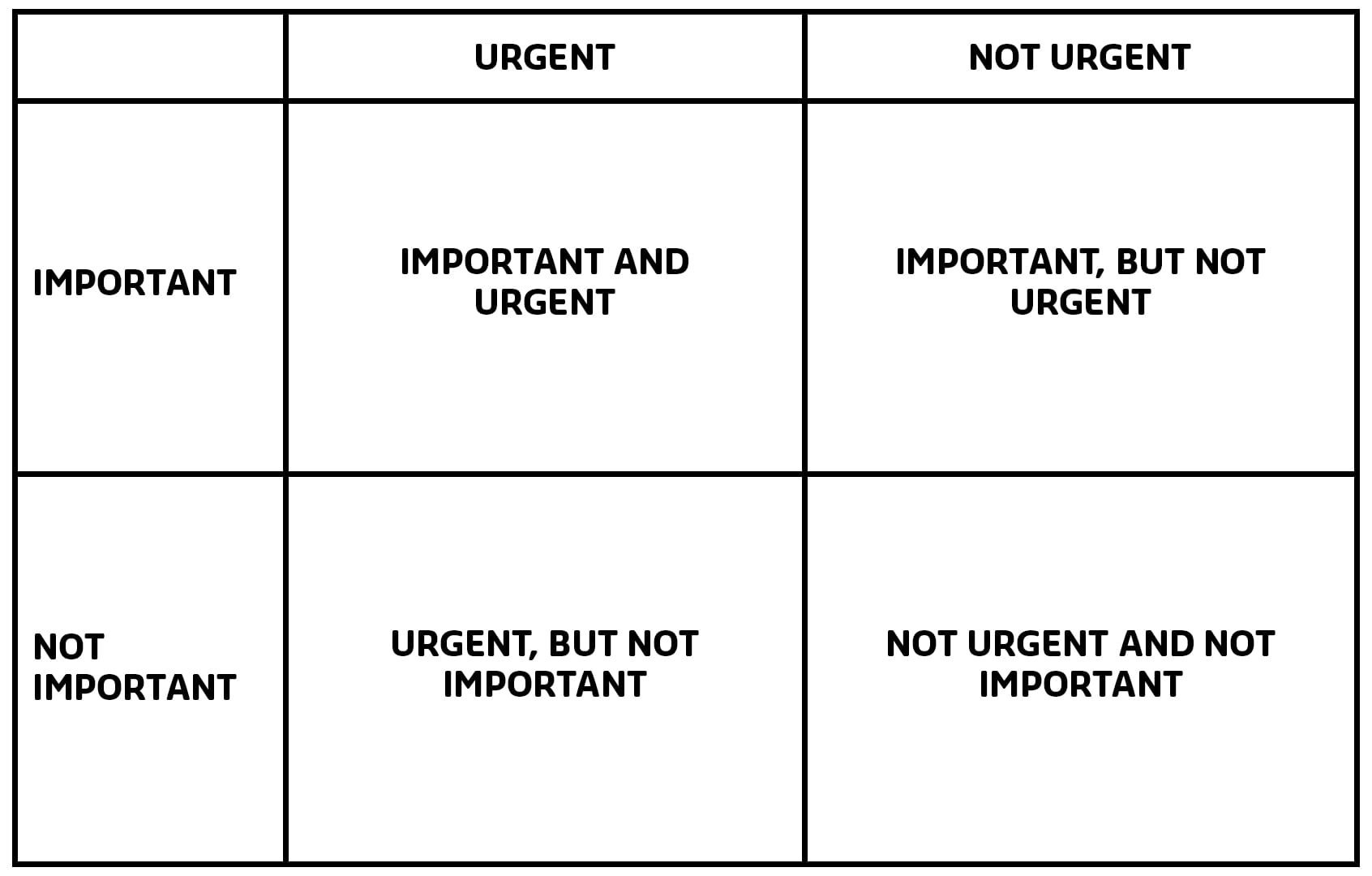It can be tough trying to juggle study with the rest of your life, fitting in watching lectures, assignment deadlines, and weekly readings amongst work and family commitments, so time management is a key skill that every student needs.
We’ve compiled some of our favourite tried and tested techniques for time management that you’ll need to be a successful student.
- Control your time online. It can be easy to fall into a hole when browsing online, so try limiting your time online by using a timer or allocating “online breaks” into your schedule where you give yourself permission to check your emails and social media.
- Multi-tasking isn’t always a good thing. To be the most effective and use time most efficiently when you’re studying or have an assignment to do, you want to focus on this single task.
- Break up your study pattern. The optimum human concentration span is no more than 20 minutes. But this doesn’t mean study for only 20 minutes at a time, it means you need to break the pattern. For example, if you are reading, then you change the task by underlining, highlighting or making notes.
- Let your mind wander, but not for too long. It is natural for your mind to wander, so let it do so for a little while before bringing it back to focus on the task at hand. If it really won’t come back, then give yourself the option of getting up and going to do what your mind is persistent on thinking about.
- Use affirmations and positive self-talk. Developing a positive mindset can help you feel less overwhelmed, so repeating affirmations and positive statements can help program your mind for success.
- Take a nap! Napping is shown to increase alertness, improve judgement, boost creativity and reduce stress. Just make sure you time block your nap to only 20 minutes.
- Don’t over plan. While planning out your tasks is important, you never want to plan so much that you don’t actually leave yourself enough time to complete any work! So it isn’t always necessary to plan out every detail of an assignment at the start, some people just need to get started to get on a roll.
- Use a time management grid. Plotting out your tasks into the four quadrants of a time management grid will help you prioritise your workload.




